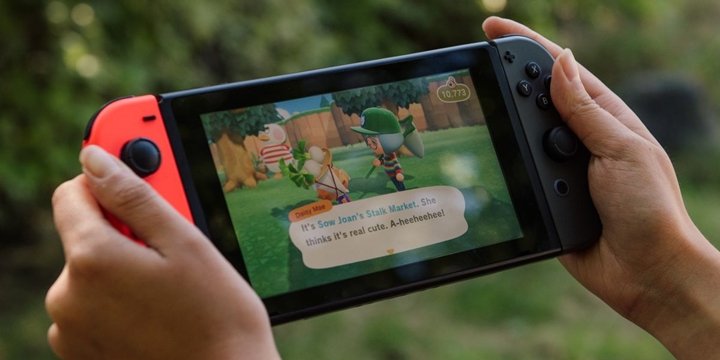In chalk, they proudly write their arrival time. “First in line, at 5:45 am”, shares for example the Twitter account Same Ole Line Dudes, a small New York company “of professional waiters”. Its employees are paid to queue for other people. The National Public Radio (NPR) website tells how they made a very profitable business of queuing for a PCR test.
7:51am 38° #linedudes swapped 1st spot in line @CityMD W14th location for #covidtesting loyal client (6 years!) They skipped 18 ppl on arrival and only will wait 10 min to get tested when doors open. All for $60. Book your sitter and #skipthesidewalk! #peopleloveusonyelp award! pic.twitter.com/5GMuA6FaEa
Robert Samuel, the creator of Same Ole Line Dudes, has reorganized his activity, shaken by the pandemic. Usually, the “guys in the queue”, as they call themselves, wait in front of Broadway shows, sporting events or even the Apple Stores when new iPhones are released. But with the confinement imposed on New York, they no longer had the slightest line to line up. Their luck came from the influx of test sites for the Covid-19. It often takes more than four hours in line before you can get tested.
60 dollars for a two hour wait
The professional waiters of Same Ole Line Dudes jumped at the chance and rested their buttocks on their recognizable canary yellow seats. The company also supplies them with branded caps in the same color, which is welcome when it comes to temperatures of around 3 ° C. It also makes it possible to advertise the company, which is not the only one on the waiting market. For customers, it takes around $ 60 (49 euros) per person to take the place of one of the guys in the line after two hours in the line. Prices even shot up around Christmas, reaching over $ 80 an hour. Today, Covid tests represent 90% of the activity of Robert Samuel’s company.
Read alsoHow the Covid deepens inequalities
In the last presidential elections, some people offered to queue, this time for free, for the elderly or disabled who could not stand for long hours. A solidarity far from the concerns of these companies, while initial studies show how the most disadvantaged are more affected both by the Covid-19 and by the economic consequences that accompany it.
–


